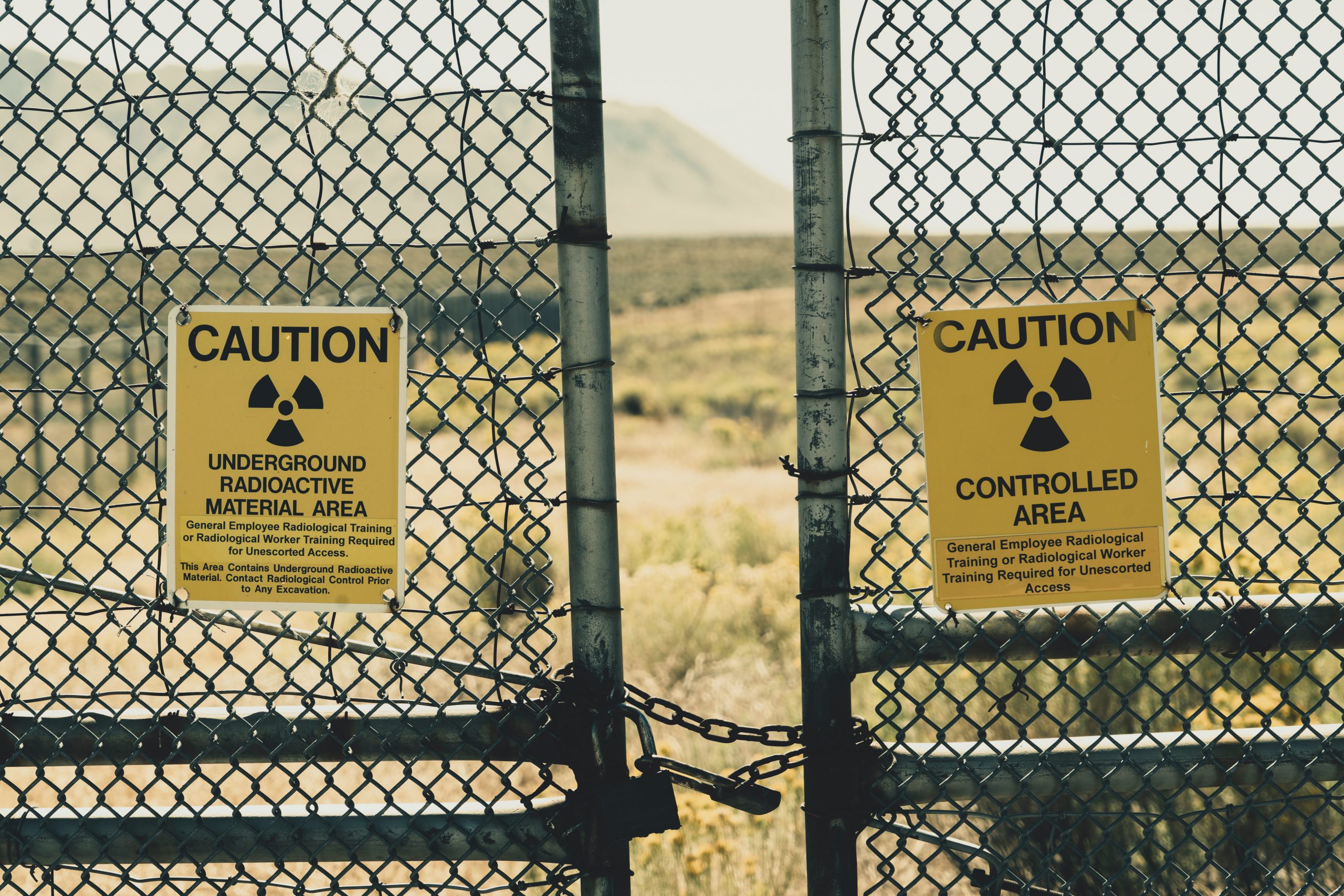

When Everyone Becomes “Toxic”
Next comes an accusation of “toxicity,” which tends to lack specificity or meaning. Missing are three virtues: humility (an awareness that all is not centered on us), resilience (the courage to face challenges rather than avoid them), and forgiveness (the expression of grace for the good of the other).
08/22/22
John Stonestreet and Kasey Leander

This month in The Atlantic, writer Kaitlyn Tiffany described a conflict with a friend over which Lorde album was best. A slammed door signaled the end of the relationship, and a text to Tiffany’s boyfriend described her as “toxic.”
“I had rarely heard [the word] used offline, and then only semi-ironically, or in regard to people who were objectively terrible,” she wrote. “I had never had to consider whether it was a word that could be applied to me.”
The story epitomizes the relational crises that face our culture. Of course, there are plenty of situations that require boundaries, distance, and healthy confrontation. But our culture-wide turn inward, which prioritizes one’s own sense of self over everything else can escalate conflict quickly.
Next comes an accusation of “toxicity,” which tends to lack specificity or meaning. Missing are three virtues: humility (an awareness that all is not centered on us), resilience (the courage to face challenges rather than avoid them), and forgiveness (the expression of grace for the good of the other).
Without these things, there’s no way forward.
Have a Follow-up Question?
Up
Next

Related Content

© Copyright 2020, All Rights Reserved.













